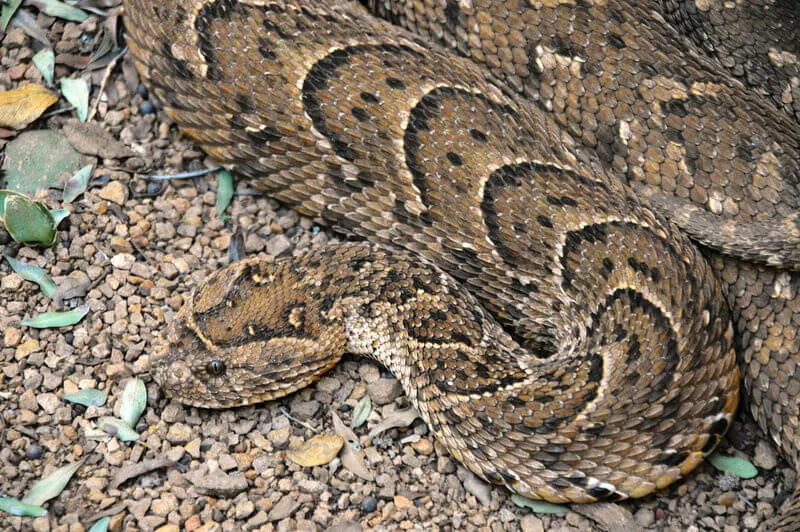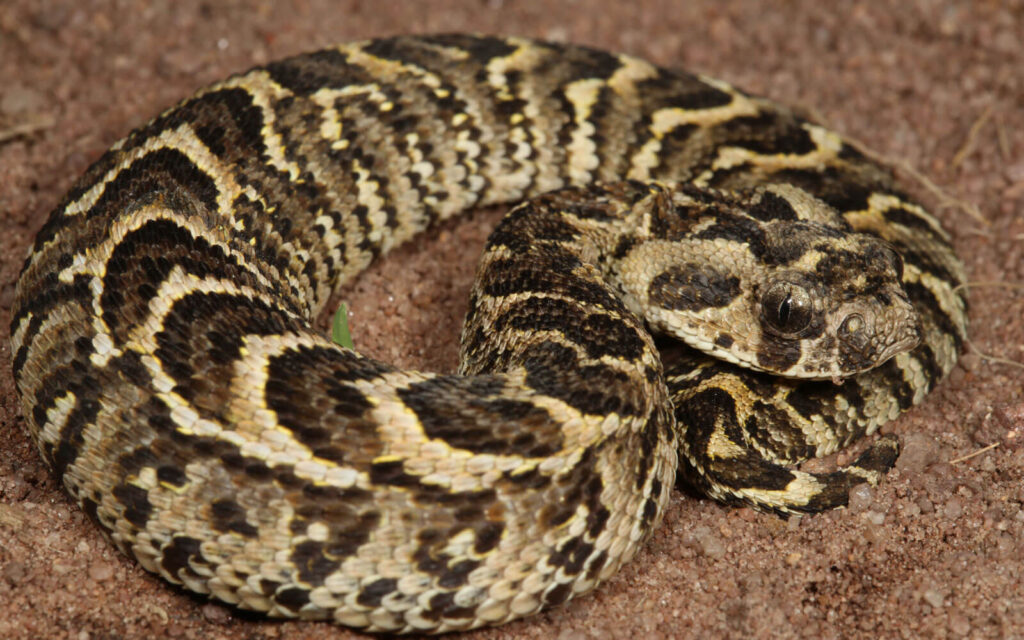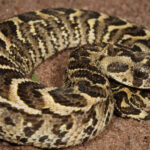The Nigerian Meteorological Agency (NiMet) has issued a warning about an anticipated rise in snakebite cases across Northern Nigeria. Soaring temperatures are forcing snakes out of their natural habitats in search of cooler environments.
According to NiMet’s latest forecast, the ongoing extreme heatwave is affecting several northern states, including Kano, Katsina, Jigawa, Sokoto, Zamfara, Kebbi, Yobe, and Borno. The combination of high temperatures and dry conditions is creating an ideal setting for increased snake activity.
Experts say that as snakes leave their hiding places in search of shade or water, they are likely to come into closer contact with people—particularly in rural and farming communities where individuals often work barefoot or rest on the ground.
“During heatwaves, snakes are more active and tend to seek shelter in homes, under rocks, or near water sources,” a public health official explained. “This significantly increases the risk of accidental encounters.”
Northern Nigeria has long grappled with a high incidence of venomous snakebites. The saw-scaled viper, puff adder, and several cobra species are among the most dangerous snakes commonly found in the region. These snakes are responsible for the majority of envenomation cases reported annually.

Authorities have been urged to prioritise public education campaigns, improve emergency response systems, and ensure the consistent availability of antivenom across health facilities in high-risk areas.
Medical professionals have raised concerns about the availability of antivenom, especially in rural areas where access to emergency healthcare is limited. A study from Northeastern Nigeria documented thousands of snakebite cases each year, with mortality rates rising due to delays in treatment and insufficient medical supplies.
The current heatwave, experts warn, could place additional strain on already overstretched health services.
In response, residents in affected areas are being urged to take extra precautions.
Recommended safety measures include:
- Wearing protective footwear while farming or walking outdoors.
- Avoid sleeping on the floor, particularly during the night.
- Keeping homes and surroundings clear of debris and tall grass.
- Use torches when walking at night to avoid stepping on hidden snakes.
In the event of a snakebite, medical experts advise victims to stay calm, immobilise the affected limb, and seek immediate medical help. They caution against traditional first aid practices such as tying tourniquets or cutting the wound, which can worsen the condition.
With climate change driving increasingly extreme weather events, specialists say such risks are likely to become more common.










